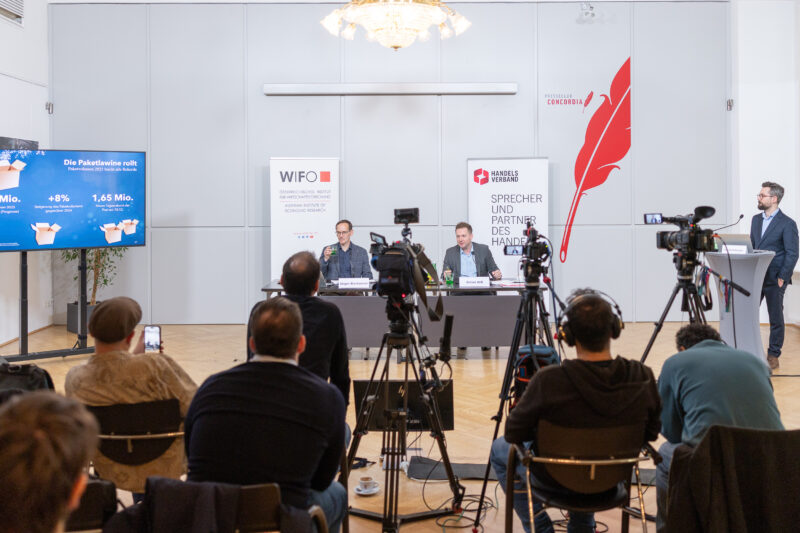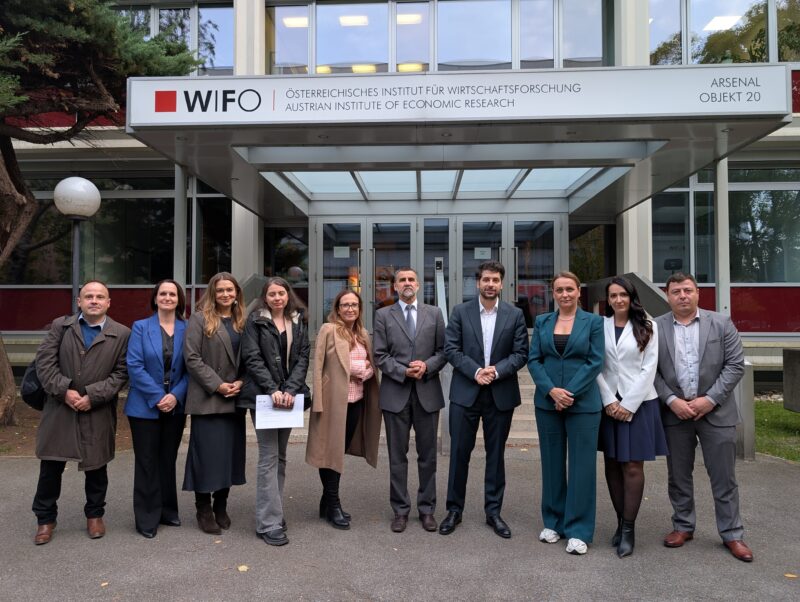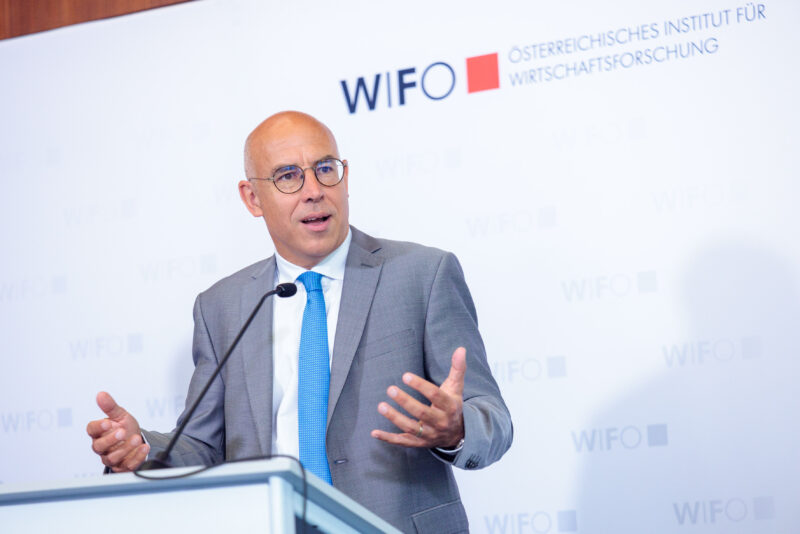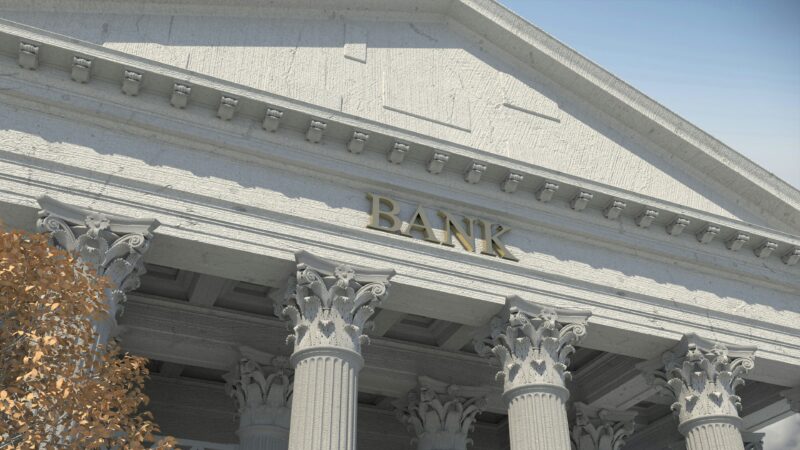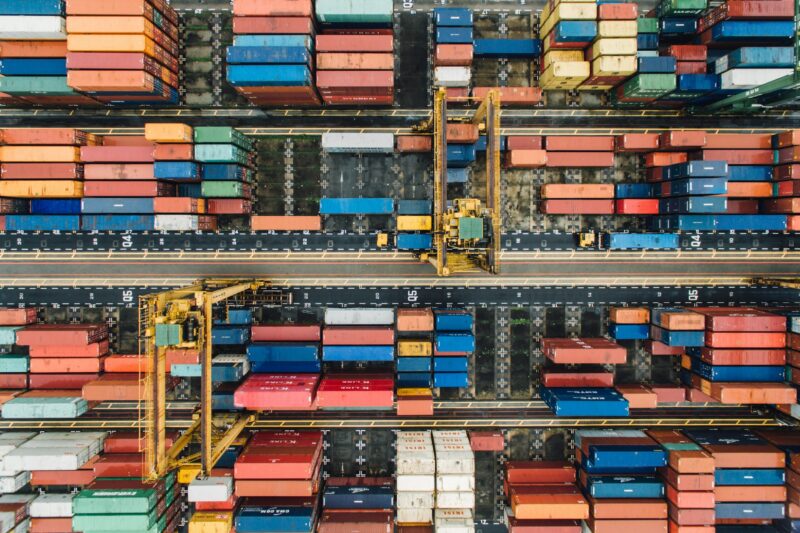
Recession in Austria Persists Stubbornly
"The current recession has lasted for two calendar years, which is an unusually long time," says Stefan Schiman-Vukan, one of the authors of the current WIFO Economic Outlook.
The Austrian economy remains in recession. After ‑1 percent in the previous year, real GDP will shrink by 0.6 percent in 2024. Like Germany, Austria is suffering from the investment slump and weak demand for capital goods and machinery. Exports of goods to Germany fell significantly in the current year. However, the weakness in exports has been protracted, and with interest rates falling, an improvement in financing conditions is in sight. In 2025, foreign demand should pick up somewhat and provide an impulse to the Austrian economy, which will also revive private consumer demand.
However, overall economic activity will initially only grow by a modest 1 percent. Investment in machinery and equipment will continue to shrink in 2025, not least because companies' profits have deteriorated due to the recession and increases in wages and commodity prices. The unemployment rate will continue to rise in 2025 as a result of the recession. The budget deficit is increasingly moving away from a sustainable path, and not only because of the economic situation.
A key assumption of this forecast is that foreign demand will pick up again in 2025, particularly from Germany. However, if demand for capital goods remains as weak as it currently is, Austria could enter a third year of recession. In this case, unemployment would rise more sharply than expected and private households' propensity to consume would remain subdued. Another risk to the euro area economy is that of too rapid fiscal consolidation, when European fiscal rules come into effect.
Conversely, there are also positive aspects and upside risks: for example, gas supplies appear to be secure even if Russian natural gas stops flowing to Austria from 2025. Consumption could be stronger than expected if the financial situation of private households improves to such an extent that they start spending more again. In addition, targeted investment support from the public sector could stimulate replacement investments in more environmentally friendly production methods and thus trigger positive multiplier effects.




